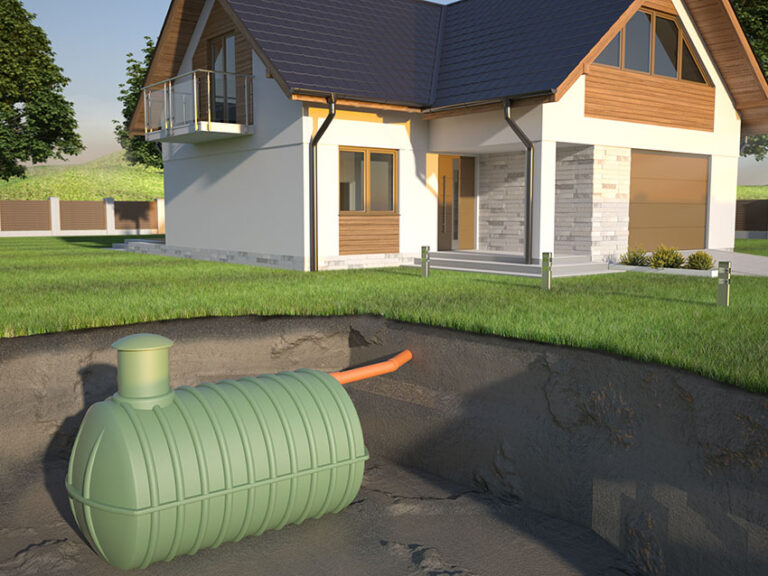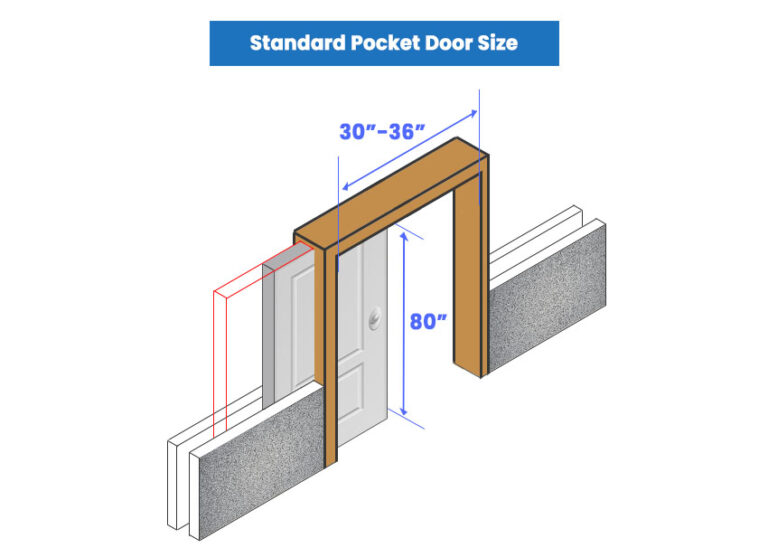Signs of Hard Water (How to Test & Fix)
Find out the signs of hard water including what it is, how to test water hardness, and some recommendations on how to fix it in your home.
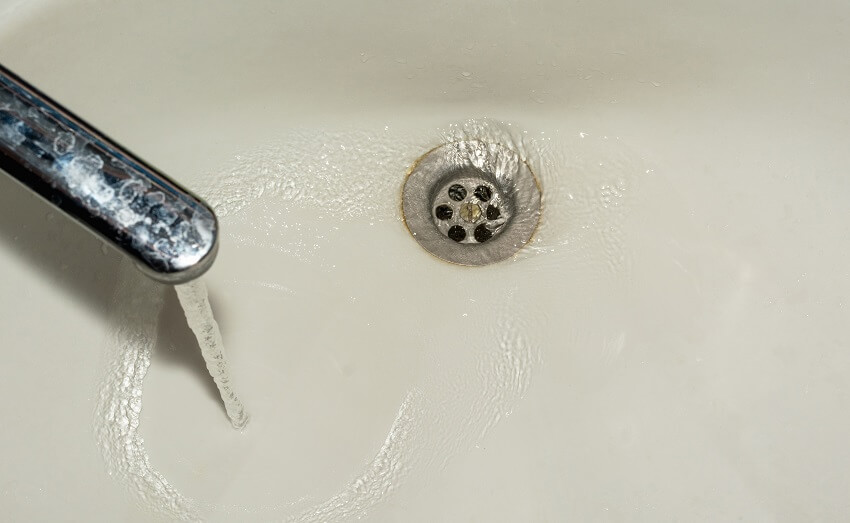
That’s why, in this guide, we’re going to take a look at what the signs of hard water are and what you can do about them if you see them.[toc]
What Is Hard Water?
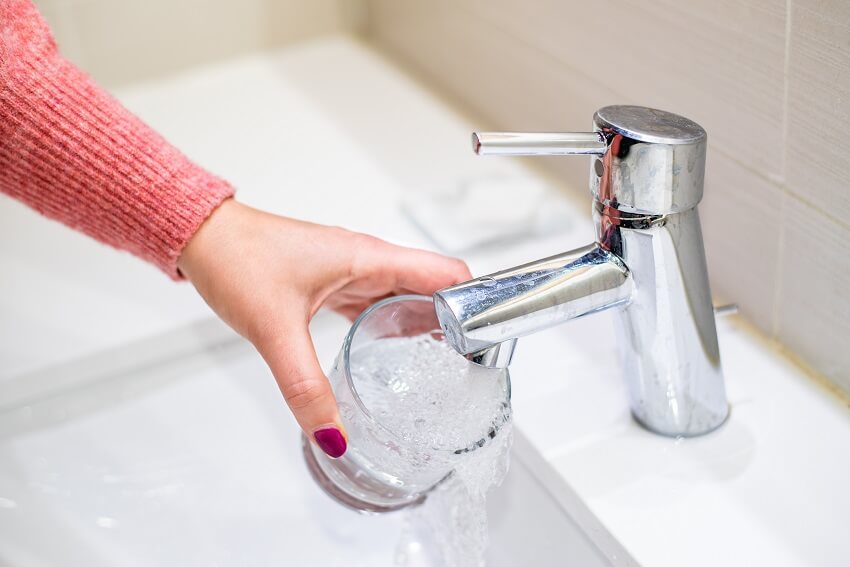
Water is considered “hard” when it has high counts of certain minerals dissolved into the water. Most of the time, this specifically concerns how much magnesium and calcium you have in your water. Too much of these components dissolved in the water can lead to what is known as hard water.
Of course, this prompts another question: is hard water safe? The good news is that if you drink a glass of hard water, it isn’t likely to cause a health problem. Still, it can cause some issues like drying out your skin or causing breakouts in a hygienic sense.
However, hard water isn’t great for your plumbing, dishes, appliances, and more because it increases the formation of soap scum and mineral deposits.
This can cause an array of inconvenient or even damaging side effects to the items in your home or even give you extra trouble when you’re trying to shower off.
How To Tell If You Have Hard Water
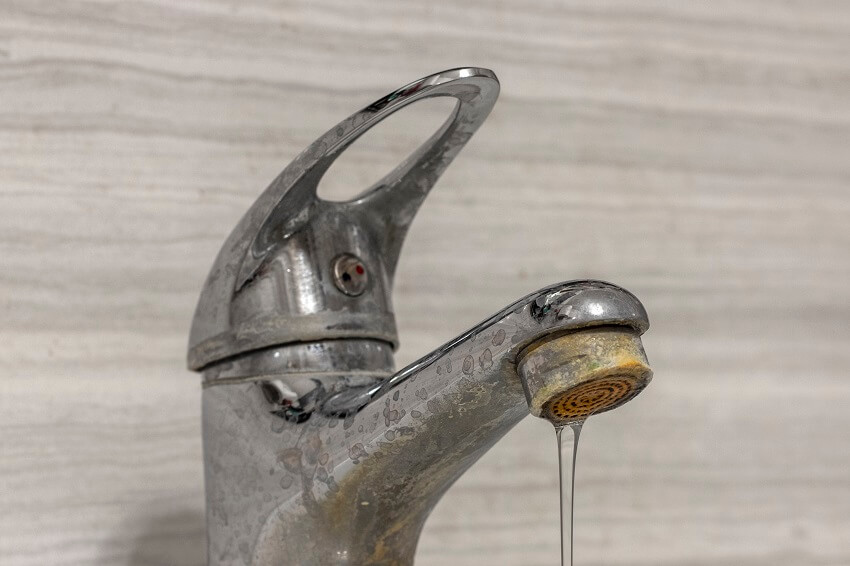
While hard water might not actually “feel hard” that doesn’t mean that there aren’t signs that you can’t feel. In fact, hard water might lead to an odd sensation after you wash your hands.
If you feel a film on your hands after you wash them in your home, it could be caused by hard water. This is because the calcium in hard water reacts with soap, creating a layer of soap scum not unlike what you might notice when you clean your shower.
When you’re using your water, you might also notice a lower water pressure. Hard water can have quite an impact on your plumbing by forming mineral deposits. This restricts how much room water has to flow, leaving you with lackluster results when you turn on the tap.
Unloading the dishwasher might have another sign of hard water in your home. If you start to notice that your dishes don’t seem as clean or your glasses still have spots when you put them away, it’s a good indicator of calcium carbonate. In other words, it might mean you have hard water.
Even your laundry can be affected by the results of hard water. First, you might notice mineral stains on your clothes. Left unchecked, though, hard water in your laundry can start to wear down your clothes quicker and shorten their lifespan.
How To Test Water Hardness
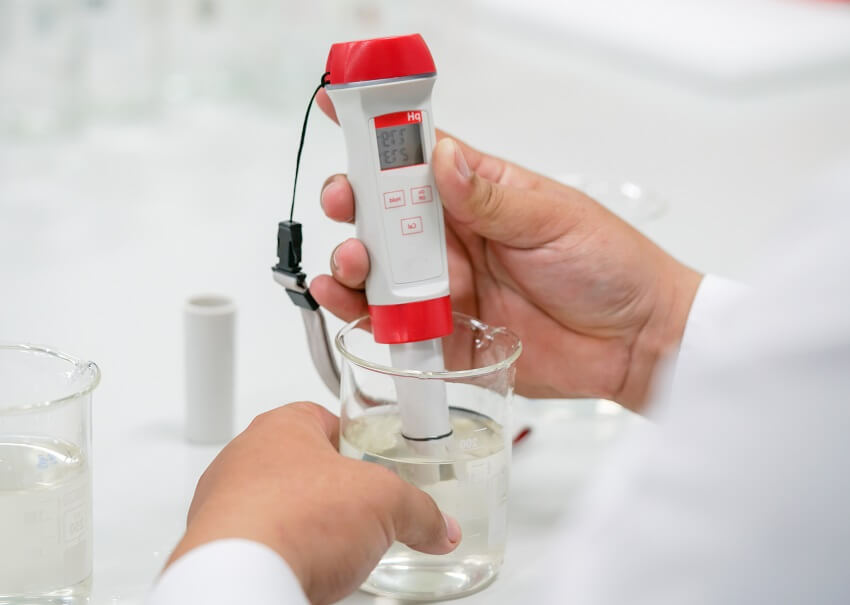
In case you need a quick, in-home test for hard water, all you’ll need is some liquid soap, an empty and clear dish with a lid like a jar or glass water bottle, and tap water. Fill your container up a third of the way with water and then add a few drops of soap.
Then, shake it up really well and check how the soap looks. Cloudy water is a sign of hard water and you won’t notice any excessive or foaming bubbles.
For those that live in an area in which they get their water through a municipal service line, you can request this information. Yet, it will come in the form of a water quality report, so you’ll want to familiarize yourself with how to understand these reports.
One of the most reliable ways to find out if your water is hard is to invest in a hard water test kit. Like many things, you’ll want to make sure you turn to a high-quality choice that you can rely on. These come in a few different forms including color-coded and digital testing kits.
How Do You Fix Hard Water?
So, if you test your water and find that you do have hard water in your home, what can you do? The truth is that you have a few options.
The most popular and surefire way to fix hard water is to get a water softener. These come in a few different forms depending on what works best for use including whole-home systems and more localized solutions like water softening tablets.
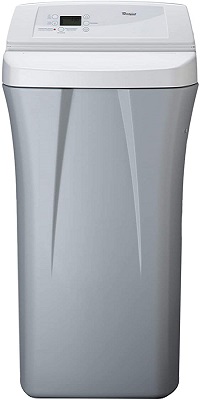
Another, more local, solution is to get a water softener that attaches to your faucet. These are often cheaper than a whole-home system and help soften the water as it comes out.
The only downside is that this does neglect the issue of mineral deposits in your pipes. Learn more about what does a water softener do here.
Water softener systems are often criticized for their excessive use of salt to soften the water. Yet, you can skip past the salt entirely with a salt-free water softener.
These options don’t eliminate minerals like magnesium and calcium but it makes it so that they won’t attach themselves to surfaces like your dishes, pipes, or hands.
Aside from using a water softener, you can address individual problems that are a result of hard water in your home.
For example, you can use hard water cleaning supplies to help reduce soap scum deposits or use vinegar to help get out any hard water stains on your clothes.
Unfortunately, these targeted solutions don’t solve the problem but only mitigate it. They also don’t help with some of the interior problems of having hard water such as mineral deposits in your pipes.
These are best used in temporary situations to avoid worsening the situation by neglecting other, less visible issues caused by hard water.
Visit our article on the pros and cons of water softeners for more related content.



